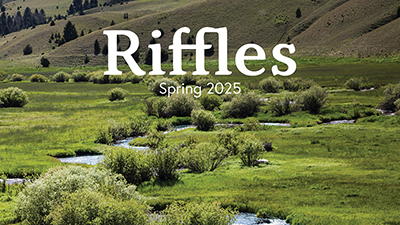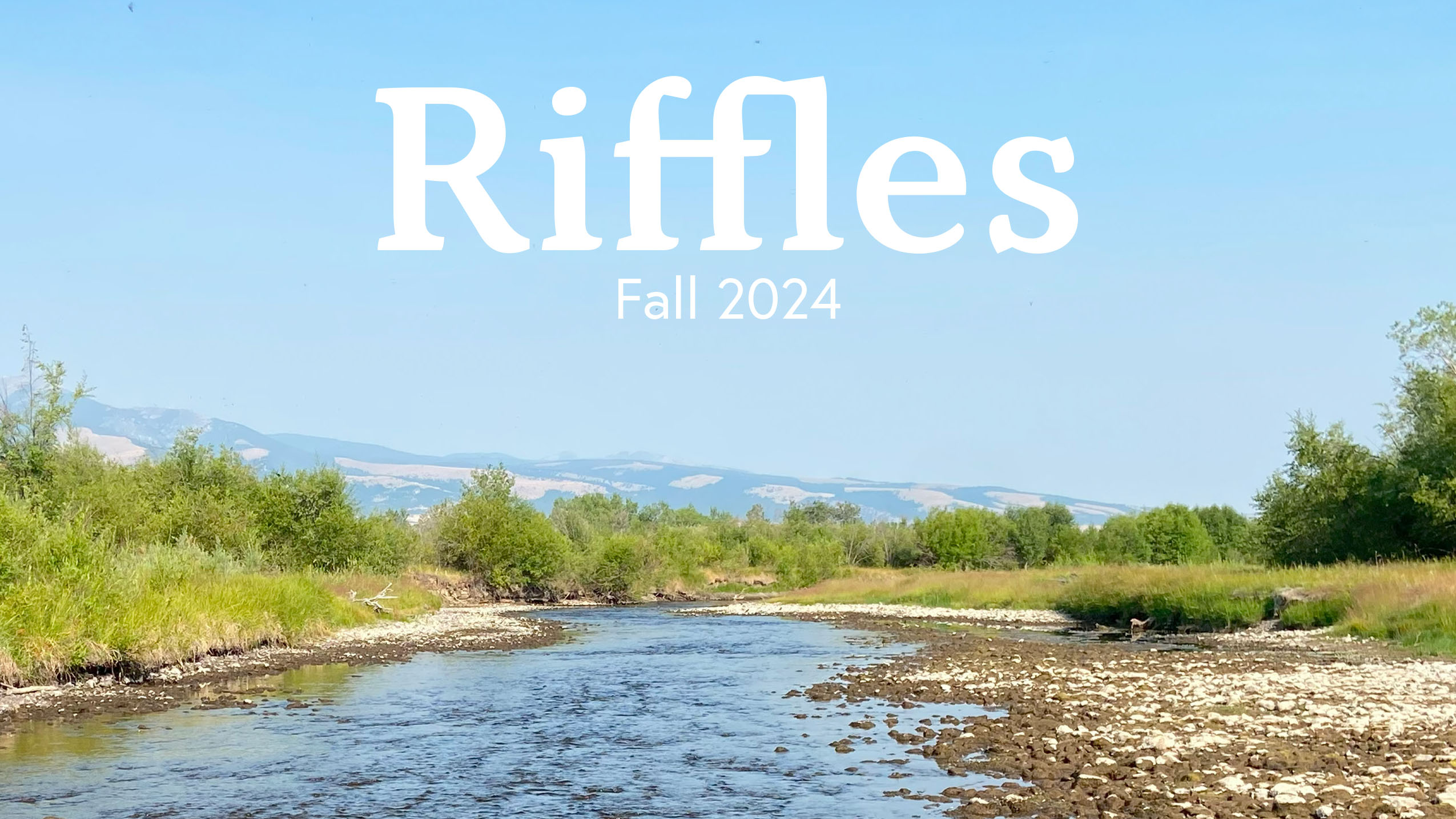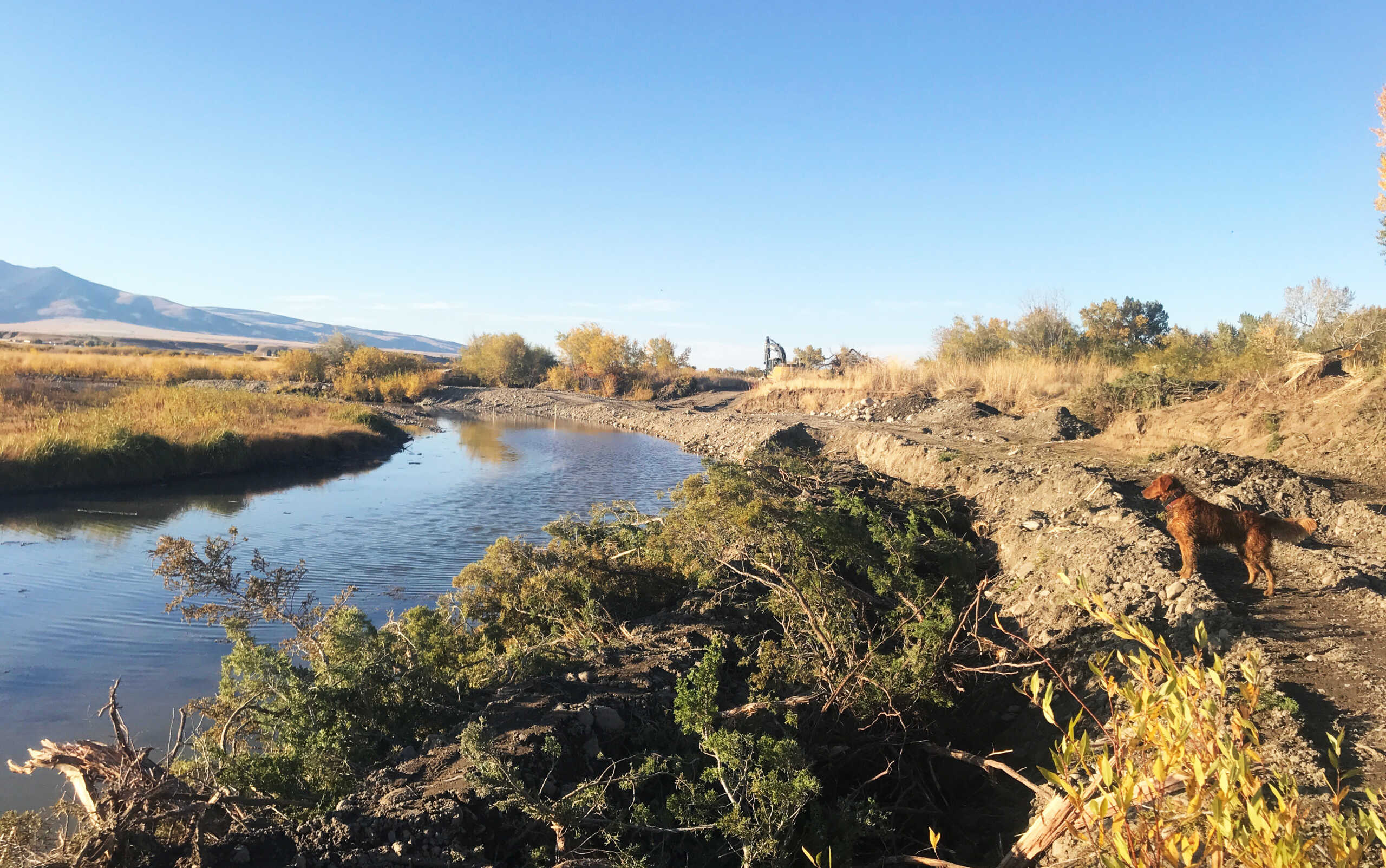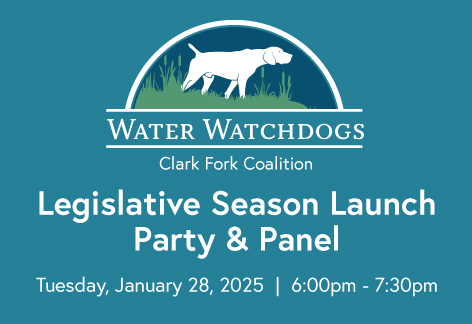Resources
Reports & Publications
To inspire and support caring for the Clark Fork, we produce guides, reports, videos and more. These materials enhance watershed literacy and help people make informed decisions and participate in key issues.
Riffles
Riffles is our newsletter that bring you news you need to know about the Clark Fork watershed.
Currents
Browse back-issues of our previous newsletter, Currents.
Strategic Plans
Every five years, CFC engages in organization-wide strategic planning. The resulting five-year plan informs yearly goals, work plans and program budgets.




